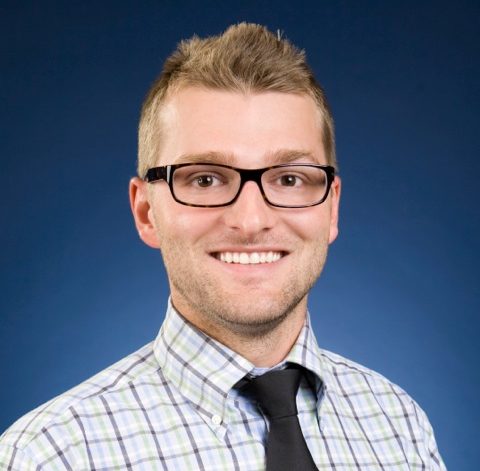 On Monday, February 6, from 9:30-11:00 a.m. Dr. Edward (Ned) Smith will be giving a presentation in room 1-483 of the Frances Searle Building on the Northwestern University Evanston Campus. The talk is entitled “Identity and Network Activation”.
On Monday, February 6, from 9:30-11:00 a.m. Dr. Edward (Ned) Smith will be giving a presentation in room 1-483 of the Frances Searle Building on the Northwestern University Evanston Campus. The talk is entitled “Identity and Network Activation”.
About the talk
In his talk Ned will focus on his research on Identity and Network Activation. Using a dynamic cognitive model of network activation, Ned and his colleagues experimentally test two com peting hypotheses on the link between identity and network activation. On one hand, affirming people’s power might enable agency. On the other hand, if such power affirmations conflict with people’s more stable status characteristics, this could create tension. These hypotheses were tested experimentally by priming people at varying levels of status with power
(high/low) and social change (significant/none) and asking them to recall their social networks. Results suggest that stable, confirmed identities, and not feelings of power, are the foundation from which people can exhibit greater network responsiveness.
About Ned Smith
Ned Smith is an Assistant Professor of Strategy at the Stephen M. Ross School of Business, University of Michigan. He received his Ph.D. from the University of Chicago Booth School of Business prior to joining the faculty at Ross in 2010. His research focuses on the construction and consequences of organizational identity, with an emphasis on financial markets. He draws on sociological and network theories to develop and test new identity-based models of organizational behavior and investor decision-making. He also studies how people mentally construct their social worlds -i.e., their social networks- according to situational and environmental variations. Ned’s research has been published or is forthcoming in leading journals such as the American Journal of Sociology, The Journal of Mathematical Sociology, Management Science, and Organization Science.
The flyer for the talk can be downloaded here.



 SONIC Lab director Noshir Contractor delivers opening keynote address titled “From Understanding to Enabling Networks: Using Web Science to Enhance Recommender Systems” at the 5th ACM Conference on Recommender Systems, Chicago IL on October 24th For more information see:
SONIC Lab director Noshir Contractor delivers opening keynote address titled “From Understanding to Enabling Networks: Using Web Science to Enhance Recommender Systems” at the 5th ACM Conference on Recommender Systems, Chicago IL on October 24th For more information see: